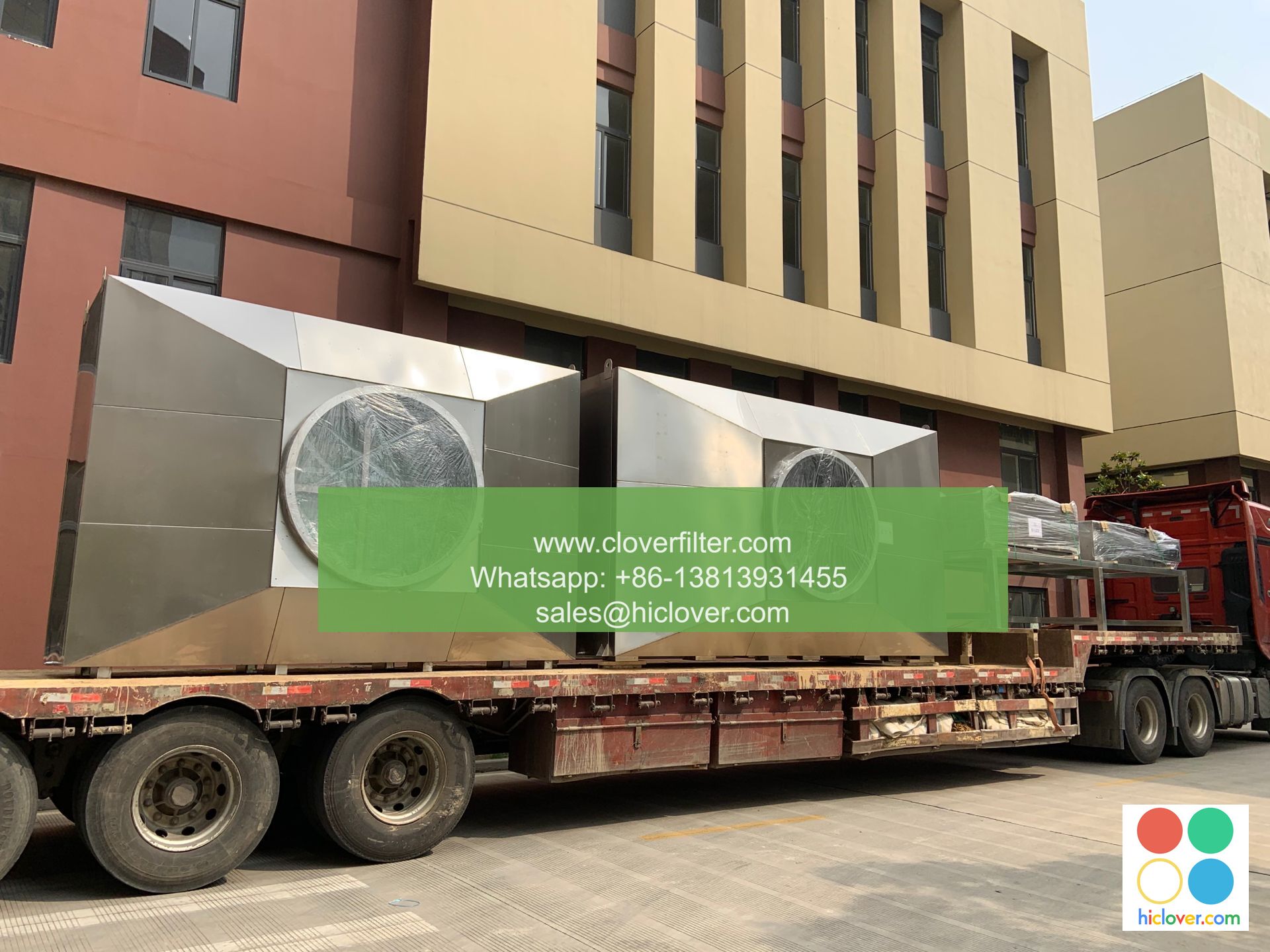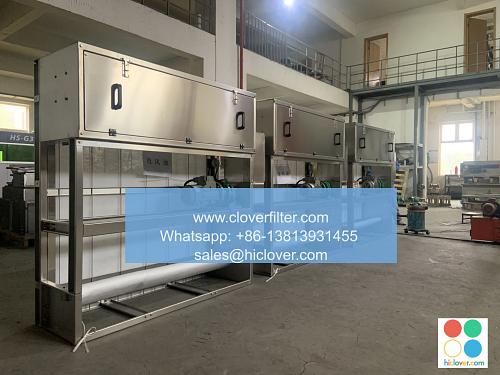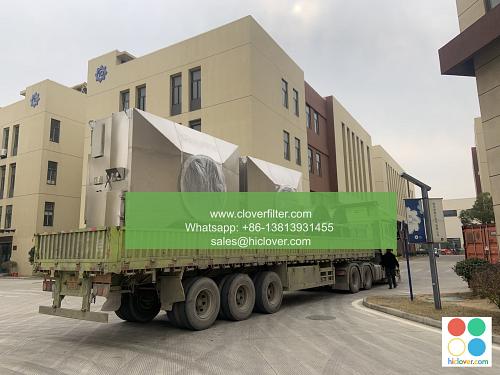Automatic Roll Air Filters in Residential Settings: A Review

Automatic roll air filters have gained popularity in residential settings due to their ability to improve indoor air quality and reduce maintenance costs. These filters use a rolling mechanism to automatically replace the filter media, eliminating the need for manual replacement. In this article, we will review the benefits and drawbacks of automatic roll air filters in residential settings.
One of the primary advantages of automatic roll air filters is their ability to maintain consistent indoor air quality. The rolling mechanism ensures that the filter media is always clean and free of debris, allowing for optimal airflow and filtration. This is particularly beneficial for individuals with respiratory issues, such as asthma, as it helps to remove allergens and other airborne pollutants from the air. Additionally, automatic roll air filters can help to reduce the spread of airborne diseases, such as the flu and common cold.
Another benefit of automatic roll air filters is their energy efficiency. Traditional filters require manual replacement, which can be time-consuming and labor-intensive. Automatic roll air filters, on the other hand, use a rolling mechanism to replace the filter media, which reduces the energy required to operate the system. This can lead to significant cost savings over time, particularly for homeowners who use their HVAC systems frequently.
Automatic roll air filters also offer a number of maintenance benefits. The rolling mechanism eliminates the need for manual replacement, which reduces the risk of filter damage and extends the lifespan of the filter. Additionally, the automatic replacement mechanism ensures that the filter is always properly seated and sealed, which reduces the risk of air leaks and other maintenance issues.
Despite the benefits of automatic roll air filters, there are several drawbacks to consider. One of the primary disadvantages is the higher upfront cost. Automatic roll air filters are typically more expensive than traditional filters, which can be a deterrent for some homeowners. Additionally, the rolling mechanism requires regular maintenance to ensure proper function, which can add to the overall cost of ownership.
In terms of installation, automatic roll air filters can be more complex to install than traditional filters. The rolling mechanism requires a specialized installation process, which can be time-consuming and labor-intensive. Additionally, the filter must be properly sized and configured to ensure optimal performance, which can require specialized knowledge and expertise.
Overall, automatic roll air filters offer a number of benefits and drawbacks in residential settings. While they can improve indoor air quality and reduce maintenance costs, they also require a higher upfront cost and regular maintenance. Homeowners who are considering installing an automatic roll air filter should carefully weigh the pros and cons before making a decision.
In conclusion, automatic roll air filters are a viable option for homeowners who want to improve indoor air quality and reduce maintenance costs. While they may require a higher upfront cost and regular maintenance, the benefits of improved air quality and reduced energy consumption make them a worthwhile investment for many homeowners.
Conclusion
In conclusion, automatic roll air filters are a valuable addition to any residential HVAC system. They offer a number of benefits, including improved indoor air quality, reduced maintenance costs, and energy efficiency. While they may require a higher upfront cost and regular maintenance, the benefits of automatic roll air filters make them a worthwhile investment for many homeowners. By considering the pros and cons of automatic roll air filters, homeowners can make an informed decision about whether they are right for their residential setting.
Frequently Asked Questions
Below are some frequently asked questions about automatic roll air filters in residential settings:
- Q: How often do I need to replace the filter media in an automatic roll air filter?
A: The frequency of replacement will depend on the specific filter and usage. Typically, the filter media will need to be replaced every 1-3 months. - Q: Can I install an automatic roll air filter myself, or do I need to hire a professional?
A: While it is possible to install an automatic roll air filter yourself, it is recommended that you hire a professional to ensure proper installation and configuration. - Q: Are automatic roll air filters more expensive than traditional filters?
A: Yes, automatic roll air filters are typically more expensive than traditional filters. However, they offer a number of benefits, including improved indoor air quality and reduced maintenance costs, which can make them a worthwhile investment in the long run. - Q: Can automatic roll air filters be used in conjunction with other air purification systems?
A: Yes, automatic roll air filters can be used in conjunction with other air purification systems, such as UV lamps and ionizers, to provide comprehensive indoor air quality protection.


